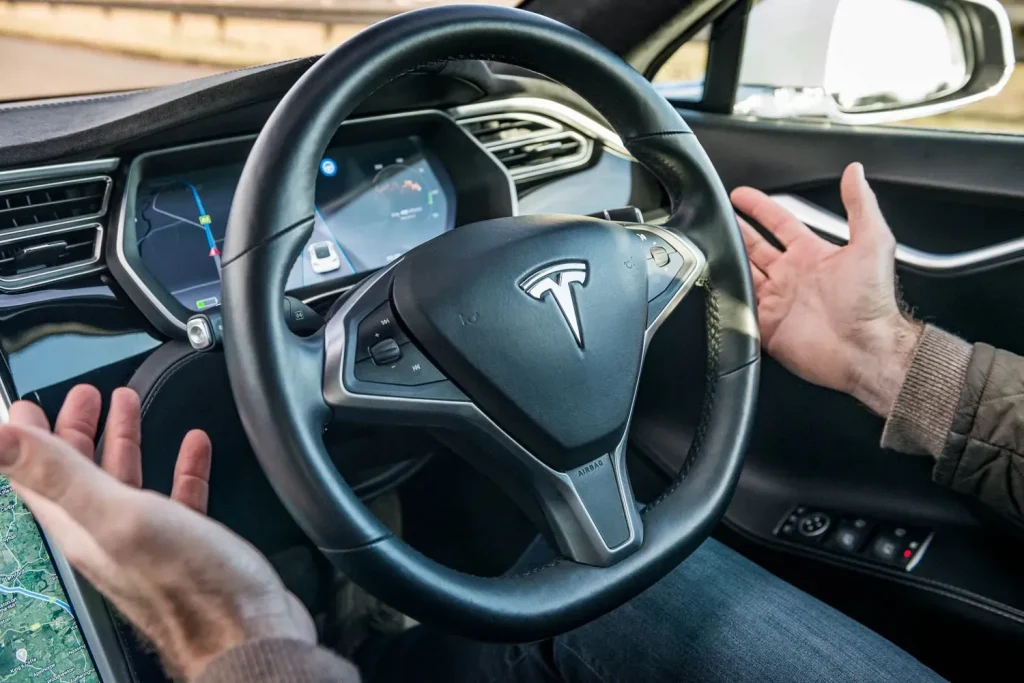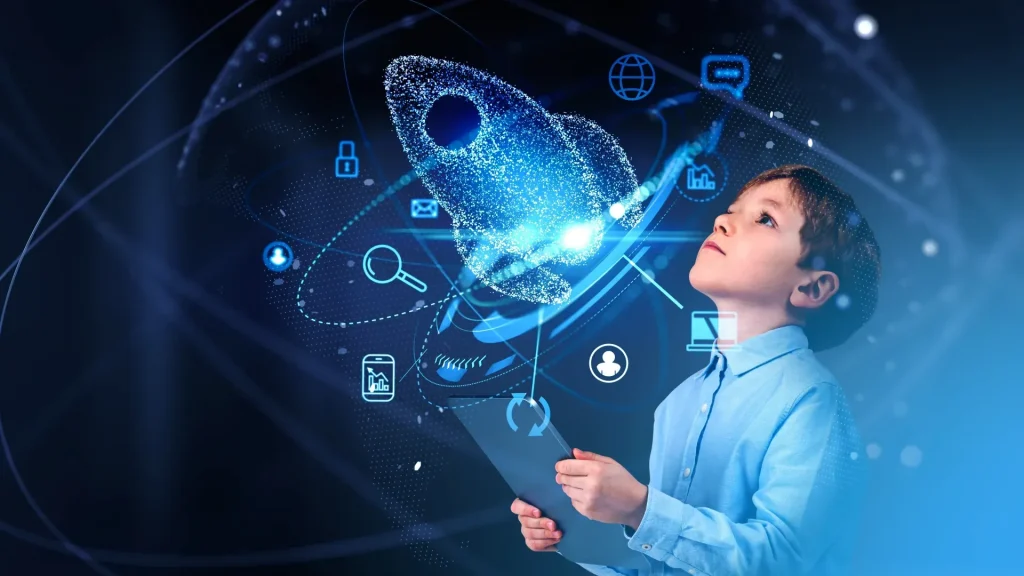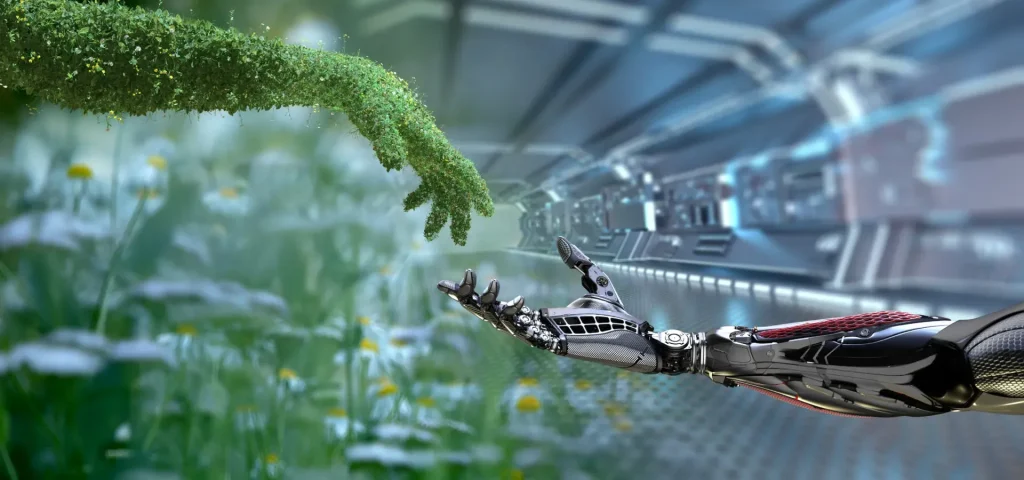The Tesla Autopilot trial has emerged as a crucial event in the ongoing discourse around automated vehicle technology and public safety. As a pivotal verdict approaches, the case stems from a tragic crash in Florida in 2019 that has raised serious Autopilot safety concerns. Plaintiffs allege that Tesla’s Autopilot software is fundamentally flawed, pointing to the catastrophic results that followed the accident where Naibel Benavides tragically lost her life. This trial not only scrutizines Tesla’s liability in the incident but also touches on broader implications associated with the company’s marketing practices and the perceived reliability of its advanced driving systems. With attorneys seeking substantial damages, the outcome could set significant precedents concerning accountability and liability in the realm of autonomous driving technology, especially in light of preceding allegations surrounding a Tesla crash lawsuit and the numerous Autopilot technology flaws cited by critics.
In the ongoing litigation surrounding Tesla’s automated driving system, known as Enhanced Autopilot, the trial highlights concerns over the effectiveness and safety of this innovative but controversial technology. This case, rooted in a fatal accident that occurred in Florida, calls into question Tesla’s responsibility in the wake of accidents involving its electric vehicles. As families and survivors seek justice for the unfortunate outcomes tied to the use of this technology, discussions unfold not only about the specific incident but also about the implications for autonomous vehicle safety standards. The plaintiffs argue that the flaws in the Autopilot system must be openly acknowledged, as the consequences of overreliance on such technologies can be catastrophic. As the legal battle progresses, the focus remains not just on Tesla’s liability but also on how the industry addresses safety concerns linked to the rapid advancement of autonomous driving systems.
Understanding Tesla Autopilot Trial: Key Issues and Implications
The Tesla Autopilot trial centers around a tragic incident that took place in 2019, showcasing serious Autopilot safety concerns. The courtroom has become a stage for critical discussions about accountability and the responsibility of tech giants in the automotive industry. As Tesla faces a pivotal verdict, it is crucial to evaluate the claims made by the plaintiffs against the backdrop of Tesla’s assurances regarding their Autopilot technology. With allegations pointing to misleading marketing practices, this case is not just about one accident; it raises significant questions about the overall transparency and safety of autonomous driving technology in today’s vehicles.
As the trial unfolds, intricate aspects of the Tesla liability case are being scrutinized. The plaintiffs argue that Tesla’s systems are flawed and that the company has not been forthcoming about the limitations and risks involved with the use of Autopilot. This case may set a precedent for determining how future cases involving automated driving systems are handled. The spotlight on these Autopilot technology flaws underscores a growing concern among consumers, regulators, and safety advocates regarding vehicular automation and its real-world implications.
The 2019 Florida Accident: A Turning Point for Tesla’s Autopilot
The 2019 Florida accident that injured Dillon Angulo and claimed the life of Naibel Benavides has become emblematic of the broader national conversation surrounding autonomous vehicles. During the trial, Angulo’s testimony provided harrowing insights into the moment of the crash and the perceived reliability of Tesla’s Enhanced Autopilot feature. He believed that the vehicle would navigate safely and react to obstacles, reflecting a common assumption among users of cutting-edge technology. However, his crash with a parked car, resulting in devastating injuries and irrevocable loss, prompted a critical examination of the autopilot feature’s purported capabilities.
This incident highlights the potential dangers associated with over-reliance on automated systems. The narrative woven throughout the trial emphasizes how Tesla’s marketing might lead drivers to mistakenly trust their vehicles beyond the intended limits. The continued focus on the 2019 Florida accident reinforces the urgent need for clarity and responsibility in how automotive companies present their innovations to the public. As legal experts, consumers, and industry stakeholders await the trial’s outcome, many recognize this case as a potential inflection point for the future of automotive safety regulations.
Legal Strategies in Tesla’s Crash Lawsuit
The legal battle over the Tesla crash lawsuit is shaping the narrative around autonomous driving safety and corporate responsibility. To address the assertions made against them, Tesla’s attorneys emphasized the actions of the driver as the root cause of the collision during the trial. By defending the integrity of their Autopilot systems, they argued that Tesla provides clear instructions to users, thereby mitigating liability claims. The defense strategy focuses on individual accountability rather than systemic failures within their technology.
However, the plaintiffs’ legal team has deftly countered this argument, framing the case as one involving potential negligence on Tesla’s part. They argue that by inadequately addressing Autopilot technology flaws and overstating its capabilities, Tesla contributed to a culture of recklessness among drivers. The juxtaposition of these two legal strategies not only illustrates contrasting perspectives on accountability but also underscores the complex nature of modern automotive liability cases that involve advanced driver-assistance systems.
Autopilot Safety Concerns: A Broader Industry Perspective
The ongoing trial surrounding Tesla’s Autopilot technology illustrates magnified safety concerns that extend beyond one tragic incident. Autopilot safety challenges represent a growing apprehension shared among consumers and regulators as vehicles increasingly integrate automation features into their design. The industry’s approach to marketing these technologies can heavily influence public perception and acceptance, and this trial explores how such marketing might inadvertently encourage risky behavior among drivers.
As Tesla navigates this legal landscape, it brings to the forefront questions of systemic accountability across the whole automotive sector. As other manufacturers develop similar technologies, the outcome of this case will likely reverberate, prompting discussions around policy change, marketing standards, and consumer education regarding autonomous functionalities in vehicles. Experts posit that the results of this trial could influence not only Tesla’s operations but also set a precedent for how liability is handled in future cases involving automated driving technology.
Corporate Liability and Public Trust in Autonomous Vehicles
The challenge of corporate liability frequently intertwines with public trust, especially in the realm of advanced automotive technologies. With the Tesla Autopilot trial currently underscoring this theme, the case has implications that dash beyond financial damages. Should the jury find Tesla liable for the crash, it could severely impact consumer trust in the company’s promise of safe autonomous driving solutions. Public perception plays a crucial role in consumer behavior, and any ruling against Tesla may catalyze skepticism toward not just their technology but that of the entire industry.
Legal experts note that corporate accountability is essential in maintaining consumer confidence. As the trial progresses, the accountability of Tesla’s representatives in the courtroom becomes a lens through which the brand’s integrity is scrutinized. Depending on the jury’s decision, Tesla may face significant repercussions that would necessitate a reevaluation of how they communicate the safety and reliability of their Autopilot systems. In the long run, the outcome of this trial could redefine the relationship between consumers and manufacturers of autonomous technologies.
Testimonies and Expert Insights: Voices in the Tesla Trial
Throughout the trial, powerful testimonies have highlighted the gravity of the events that unfolded during the 2019 Florida accident. Witness accounts, particularly from Angulo, have offered insights into the psychological and physical toll of the crash, bolstering the plaintiffs’ claims. Expert witnesses have also shed light on the safety parameters surrounding Autopilot technology, adding depth to the argument that Tesla failed to safeguard users sufficiently. Each testimony not only supports the plaintiffs’ case but brings into question the ethical responsibilities of a company claiming to pioneer autonomous vehicle solutions.
Moreover, Tesla’s approach to expert witnesses illustrates the dual narratives present during the trial. While the plaintiffs seek to underscore the purported flaws in Tesla’s systems, the defense attempts to emphasize the company’s commitment to safety, relying on their engineering teams and industry experts to reinforce their claims. As jurors weigh these compelling narratives, the voices within the courtroom are pivotal in shaping perceptions about Tesla’s liability and accountability concerning the use of its Autopilot feature.
The Impact of Elon Musk’s Promises on Public Expectations
Elon Musk’s assurances regarding Tesla’s Autopilot and autonomous driving capabilities have set consumer expectations at a high standard. Throughout the trial, references to Musk’s public statements have been pivotal for the plaintiffs, who argue that these promises have created an environment where drivers feel overly confident about the technology’s reliability and safety. Musk’s bold declarations around the future of fully autonomous driving have, in some ways, overshadowed concerns about the potential for misuse or misunderstanding of the existing features.
As the trial examines these factors, the disconnect between marketing hype and functional reality becomes scrutinized. The reference to Musk’s previous statements serves to highlight how corporate leadership can shape public perception, for better or worse. Should the jury identify discrepancies between Tesla’s public assertions and the actual performance of Autopilot technology, it could lead to profound implications for how companies communicate about emerging technologies in the automotive realm. This may also encourage a reconsideration of regulations surrounding claims made about autonomous vehicle systems.
Future Considerations for Tesla and the Autonomous Vehicle Market
As Tesla navigates the ongoing trial, the outcomes may resonate far beyond their impact on the company itself. A verdict against Tesla could redefine industry standards regarding accountability and safety in autonomous vehicles. For many in the industry, this case serves as a critical reminder of the importance of transparency and ethical marketing practices as technological landscapes evolve. Should the outcome conclude with substantial liability, it would encourage a re-evaluation of how manufacturers represent their products and their implications for user safety.
Looking ahead, this trial may serve as a catalyst for reform within the automotive sector. It could influence stricter regulations on how automation technologies are marketed and the educational resources provided to consumers. As automakers seek to innovate further, ensuring the safety of new technologies while maintaining public trust will be paramount. The implications of this trial extend into a future where more vehicles will likely rely on automated systems, making it crucial for companies to find a balance between innovation and responsibility.
Frequently Asked Questions
What is the Tesla Autopilot trial about?
The Tesla Autopilot trial centers around a fatal crash that occurred in 2019 in Florida, where a driver using Tesla’s Enhanced Autopilot system collided with a parked vehicle, resulting in a woman’s death and injuries to her boyfriend. The trial explores accountability and safety concerns related to the Autopilot technology, as plaintiffs argue that it is flawed and misleadingly marketed.
What happened during the 2019 Florida accident involving Tesla Autopilot?
In the 2019 Florida accident, George McGee was driving his Tesla Model S using the Enhanced Autopilot system before crashing into a parked car while attempting to pick up his dropped phone. This accident resulted in the death of Naibel Benavides and serious injuries to Dillon Angulo, raising questions about the safety of Tesla’s Autopilot technology.
What are the safety concerns associated with Tesla’s Autopilot technology?
Safety concerns regarding Tesla’s Autopilot technology have emerged in various legal proceedings, including this trial. Plaintiffs argue that the technology is flawed and can mislead drivers into over-relying on it, which they claim led to the fatal 2019 accident in Florida. The effectiveness of the Autopilot system in preventing collisions and its marketing strategies are under scrutiny in this case.
What is the role of Tesla in the ongoing liability case for the Autopilot crash?
In the liability case regarding the Autopilot crash, Tesla contends that the driver’s actions were to blame for the incident, asserting that the company had communicated proper usage of the Autopilot system. However, the plaintiff’s attorneys argue that Tesla should be held accountable for marketing a partially automated driving system that they claim has significant flaws.
How much compensation is being sought in the Tesla Autopilot trial?
The plaintiffs in the Tesla Autopilot trial are seeking approximately $345 million in damages, which includes $109 million in compensatory damages and $236 million in punitive damages, due to the fatal crash that occurred while using the Autopilot system.
What statements did Elon Musk and Tesla make regarding Autopilot that are being questioned in this trial?
During the trial, plaintiffs’ attorneys referenced several past promises made by Elon Musk about Tesla’s Autopilot technology, suggesting he overstated its safety capabilities. They argue that these statements misled customers into believing the system was safer than it truly is, contributing to the excessive reliance on Autopilot that led to the tragic 2019 accident.
| Key Point | Details |
|---|---|
| Background | Tesla faces a trial over a fatal crash involving its Autopilot system that took place in Florida in 2019. |
| Plaintiffs’ Claims | The plaintiffs, including the victim’s family and a surviving victim, argue Tesla’s Autopilot was flawed and misleadingly marketed, seeking $345 million in damages. |
| Defendant’s Stance | Tesla argues that the driver’s actions were to blame for the crash and claims it had adequately communicated how to use Autopilot safely. |
| Incident Details | The crash involved George McGee, who was using Autopilot while attempting to retrieve his phone, resulting in a collision that killed 22-year-old Naibel Benavides. |
| Trial Progress | The trial commenced on July 14 in the Southern District of Florida, shedding light on the responsibilities of Tesla and the driver. |
| Attorney Arguments | Plaintiffs highlighted previous promises by Elon Musk regarding Autopilot and argued that autonomy features gave a false sense of security. |
| Expectations | A ruling against Tesla could set a precedent for accountability in the development of automated driving technologies. |
Summary
The Tesla Autopilot trial presents a crucial moment in evaluating the safety and accountability of autonomous vehicle technologies. As the trial continues to unfold, it could redefine the boundaries of responsibility between manufacturers and users, especially when it comes to advanced driving systems. The outcome holds significant implications not just for Tesla, but for the entire auto industry engaged in the pursuit of automated driving solutions.



